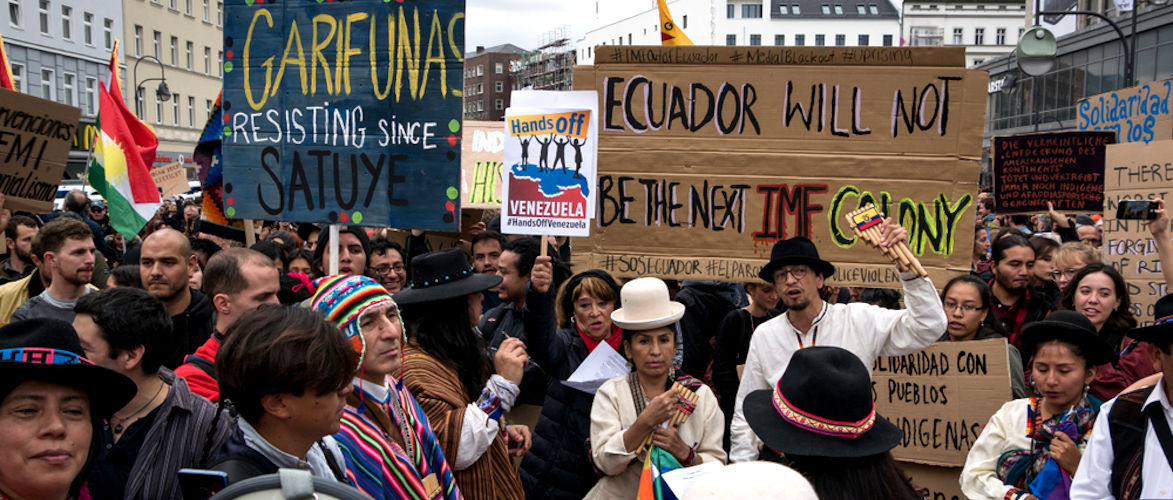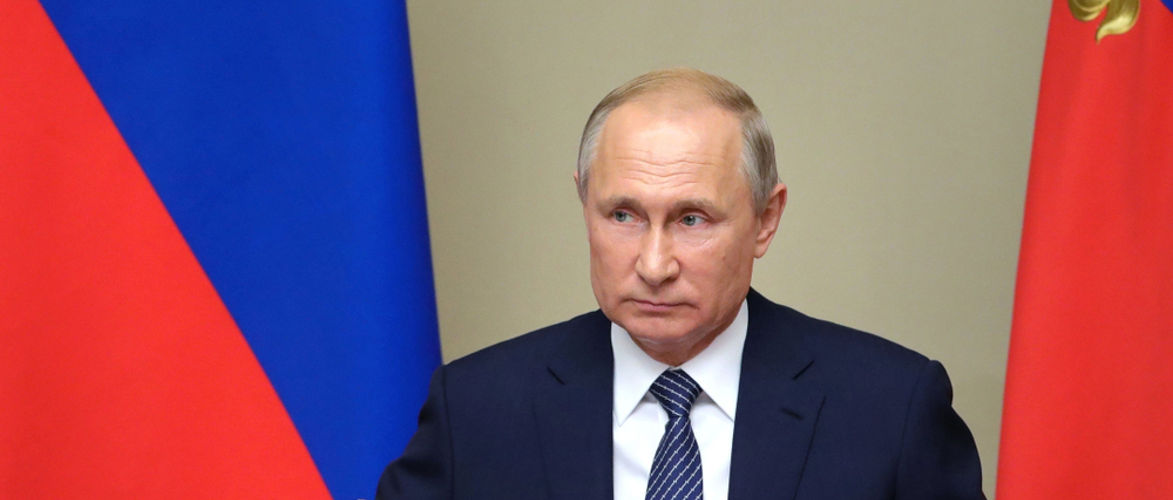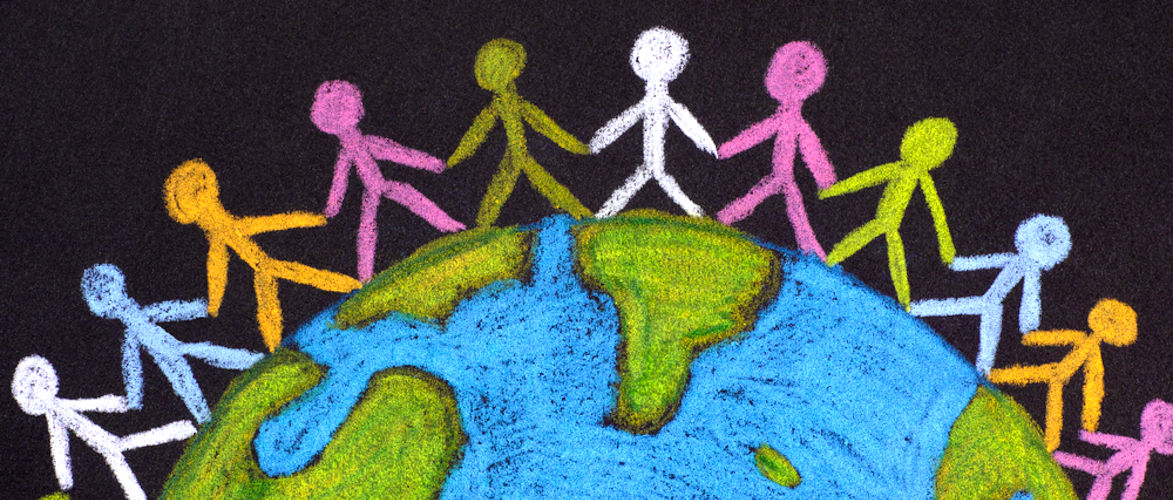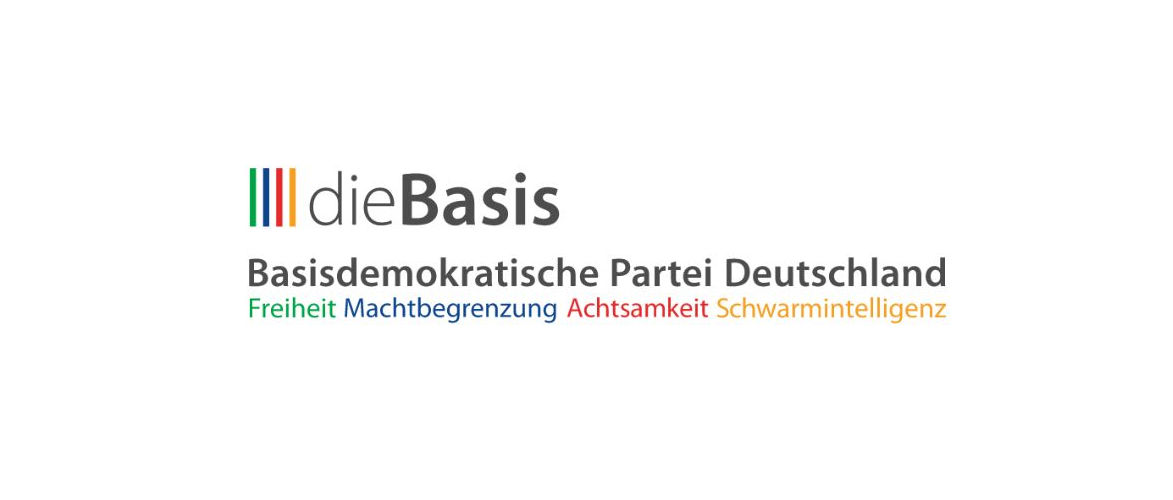A comment by Ernst Wolff.
After weeks of increasing protests, Ecuador’s President Lenin Moreno declared a state of emergency for sixty days on October 3rd.
The protests were triggered on the one hand by the loosening of protection against dismissal and on the other hand by the abolition of fuel subsidies, which have been in place for forty years and which have led to drastic increases in petrol and diesel prices as well as higher costs for public transportation.
Both measures were ordered by Moreno’s government to meet the conditions for a $4.2 billion loan granted by the International Monetary Fund (IMF) to Ecuador in April this year.
The circumstances in which this happened, and the timeline of events, once again shed a significant light on the way the IMF, in cooperation with corrupt governments, favours the wealthy, asks working people to pay and plunges the poor into even greater misery.
Lenin Moreno was appointed President of Ecuador, the fourth poorest country in South America, as Rafael Correa’s successor in April 2017. Shortly after taking office, he began a political rapprochement with the USA and applied to the IMF and the World Bank for loans – not to invest the money in the country’s economy, but to continue servicing its external debt with international banks.
At a time when interest rates are close to zero worldwide, Ecuador was offered the prospect of these loans at an interest rate of almost 5 percent – on the condition that the state budget would be relieved by mass redundancies, gasoline prices increased, real wages lowered, pension funds privatized as well as large areas of the health and education system.
Moreno, himself at the center of a corruption scandal and under investigation for money laundering and perjury, agreed to the austerity program and began fulfilling the conditions in February, first firing thousands of state employees.
At the same time, he intensified the smear campaign against Julian Assange, who had fled to the Ecuadorian embassy in London in 2012 and denied him the Ecuadorian citizenship he had been granted by his predecessor.
Just four days later, the World Bank increased an already committed loan to Moreno’s government by nearly $500 million.
The fact that the unrest among the population increased and that the first protests against the growing social inequality took place over the summer did not prevent the Moreno government from adhering to its “law to promote productivity and create investment incentives as well as jobs, stability and a balanced budget” passed in August 2018.
This law has little to do with its name as it allows several major oil and food corporations and various private banks to waive more than two-thirds of their tax debts, which in 2018 amounted to over $4.3 billion, on immediate payment of tax arrears.
While drastically lowering the living standards of the poor, the Moreno government is forgoing about $3 billion in tax revenues from the hands of Big Business and the financial sector – all in line with the IMF and the World Bank, which only last week at their joint annual meeting to the applause of international mainstream media announced to the world that they will continue to work hard to “fight poverty in the world and protect the most vulnerable parts of global society”.
+++
Thanks to the author for the right to publish.
+++
Picture hint: TommoT / Shutterstock
+++
KenFM strives for a broad spectrum of opinions. Opinion articles and guest contributions do not have to reflect the editorial point of view.
+++
You like our program? Information on support options can be found here: https://kenfm.de/support/kenfm-unterstuetzen/
+++
Now you can also support us with Bitcoins

BitCoin Address: 18FpEnH1Dh83GXXGpRNqSoW5TL1z1PZgZK










Kommentare (0)